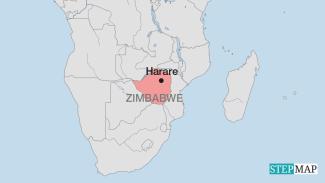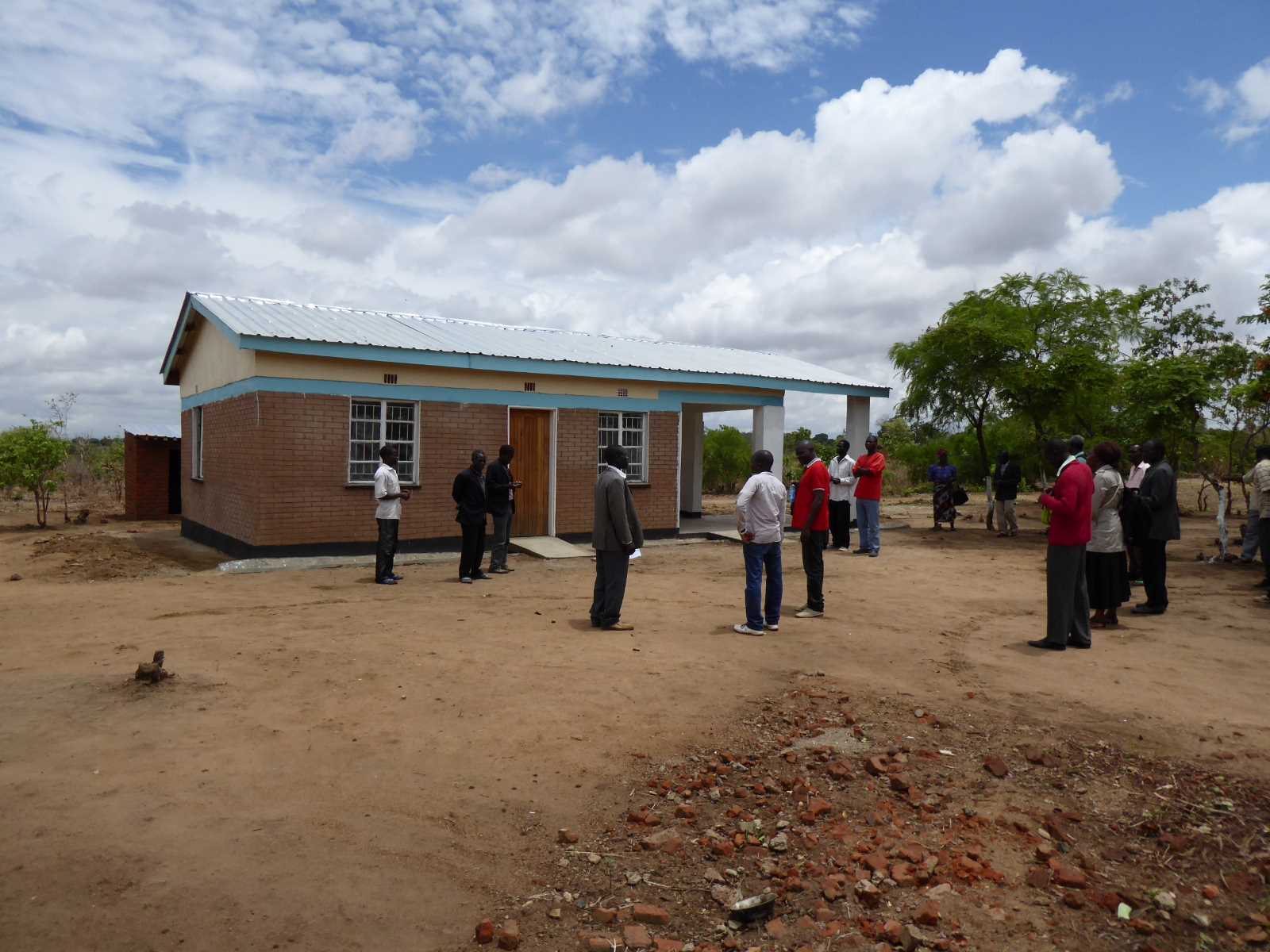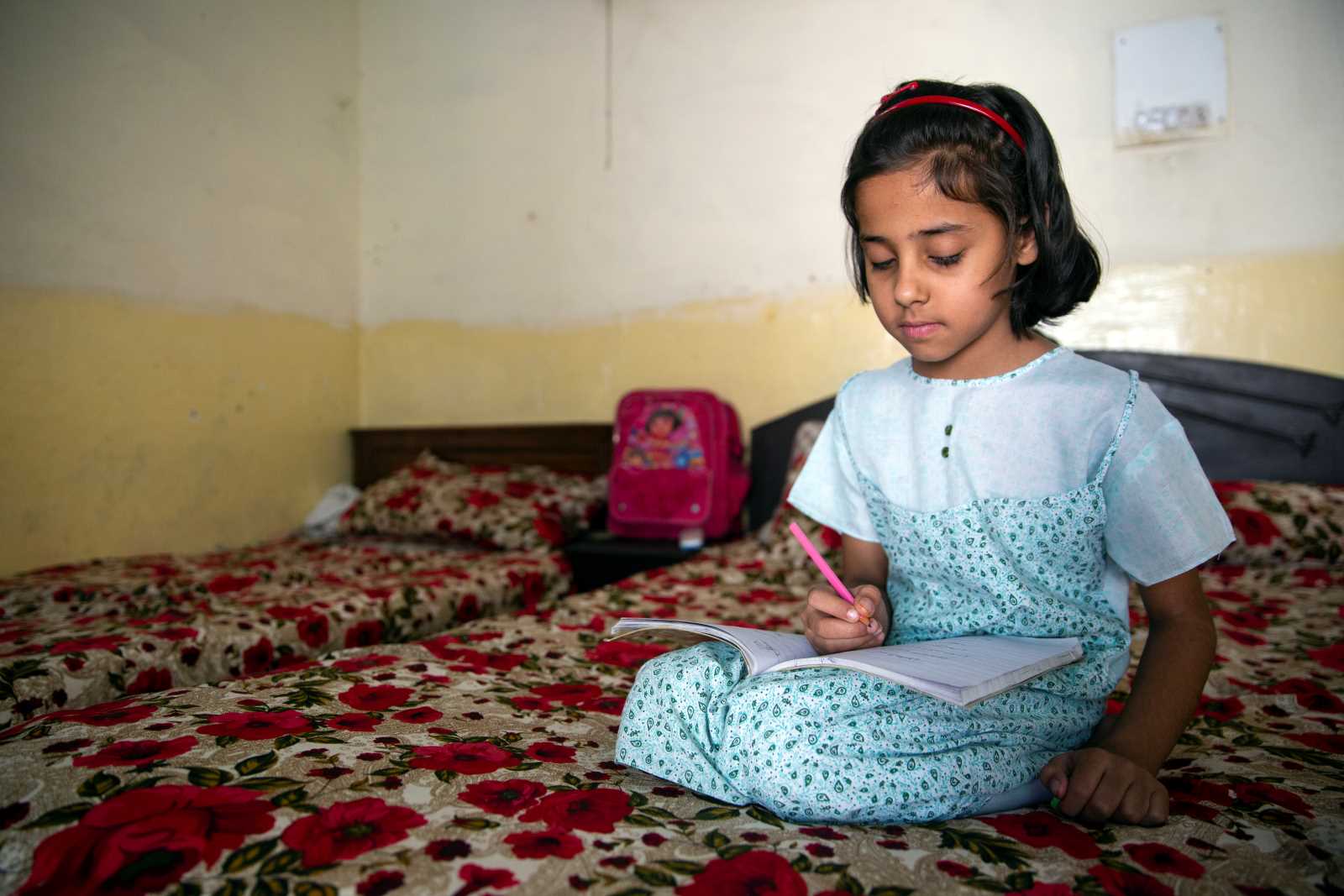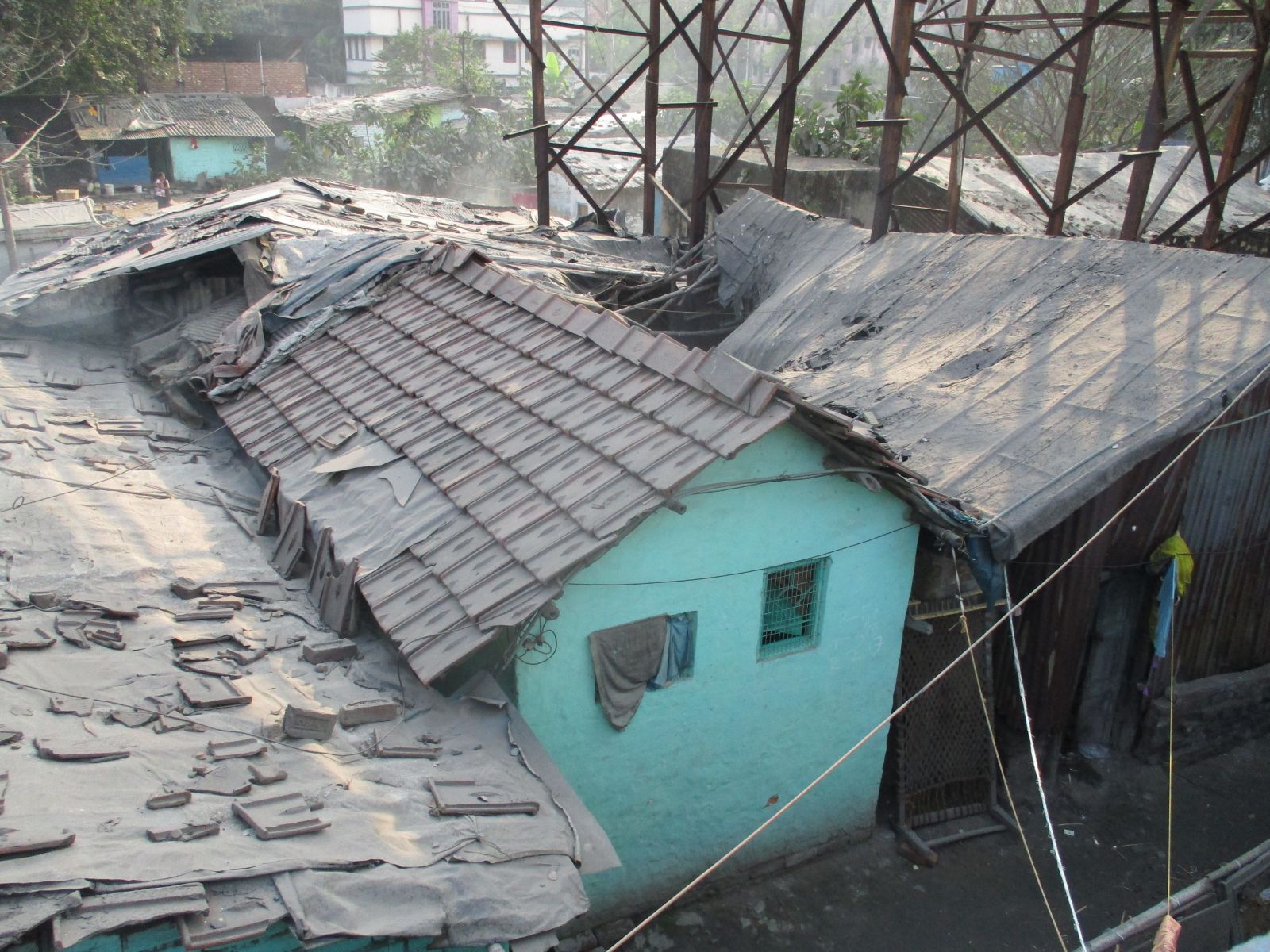Sick children
Emotional and economic hardships

Statistics from the Zimbabwean government show that one in every 100 births is a child being born with a congenital heart disease. This means an estimated 4,550 children are born annually with a heart condition.
Zimbabwean heart specialist Reginald Musengi says that these children “may not live up to half a decade if nothing is done to save their lives”. Families of sick children face several challenges ranging from emotional to economic hardships. One example is Bernard Mutambu. From birth, the nine-year-old has battled a severe heart ailment which has forced him to be out of school. The boy suffers with abnormal heart rhythms, shortness of breath and swollen body tissue organs – which are precisely signs of a heart condition.
Bernard’s mother, 30-year-old Linet Mutambu who is a single parent, previously worked as a till operator at a local Harare supermarket but stopped working to care for her son. “I had no choice because I realised he needed my whole attention and I had to quit my job and give him the care,” Linet Mutambu says. The Mutambus now depend on handouts from well-wishers for their survival.
In fact, many more underage Zimbabwean children are battling a similar challenge with several of them being born overweight. These children are contracting illnesses such as diabetes and hypertension. Some children die at birth. Children who survive and live with heart conditions are finding it hard to lead normal active lives. This also bears down on their parents and caretakers who put their lives at a standstill to care for them. They suffer emotional distress, and no safety nets exist to help them cope.
“What pains me is looking after my child whose condition may claim his life. From time to time, Bernard must be admitted in hospital for monitoring by specialist doctors, which is not affordable,” Mutambu laments.
Zimbabwe’s public health-care system has not made things easier for such families. Most children with such conditions must rely on private health-care facilities for attention. These are an expensive option that impoverishes many families. Moreover, many families cannot afford health insurance and therefore beg for money from well-wishers to cover medical bills.
For Mutambu’s son’s heart condition, treatments have had to include medication to lower blood pressure and control heart rate, heart devices, catheter procedures and surgery. But with no access to the critical resources, Mutambu cannot provide the treatment, risking her son’s life.
In 2021, the Zimbabwean government established a paediatric cardiac centre at Mpilo central hospital in Bulawayo, the country’s second largest city, but to date no surgeries have been conducted due to shortages of equipment. Non-governmental organisations like Brave Little Hearts try to change the situation for children like Bernard. They petitioned parliament to address challenges faced by young patients of heart ailments.
Jeffrey Moyo is a journalist based in Harare.
moyojeffrey@gmail.com













